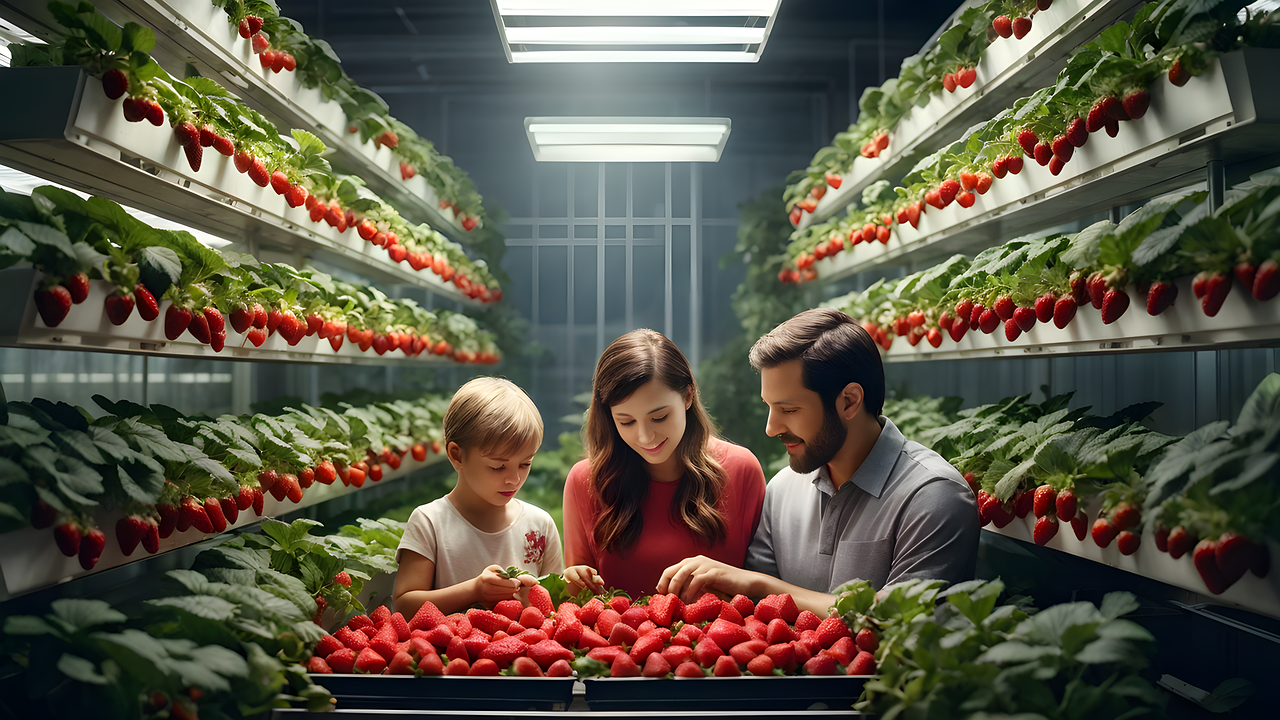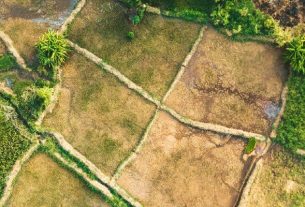In a significant boost to the kingdom’s agricultural and food sectors, Saudi Arabia has successfully attracted SAR 37 billion ($9.8 billion) in private investments aimed at advancing its agriculture and food sustainability efforts. These investments, secured by the Ministry of Environment, Water, and Agriculture, will support a variety of projects in the crop production, livestock, fisheries, and infrastructure development sectors. This milestone is closely aligned with the country’s ambitious Vision 2030 strategy, which aims to diversify its economy and reduce its dependence on oil exports.
Aligning with Saudi Vision 2030
The massive investments are part of Saudi Arabia’s Vision 2030, a strategic framework to transform the country’s economy and infrastructure. Vision 2030 has placed a strong emphasis on food security, sustainability, and economic diversification—goals that align directly with the agricultural projects receiving funding. These initiatives will not only enhance Saudi Arabia’s agricultural self-sufficiency but also make it a key player in the global food supply chain, positioning the kingdom as a regional agricultural hub in the Middle East.
Saudi Arabia’s dependence on food imports has long been a vulnerability, and these investments are designed to ensure greater resilience in the country’s food systems. By enhancing local crop production, livestock management, fisheries, and agricultural processing, the kingdom aims to reduce food imports and strengthen the local food supply chain.
Key Areas of Investment and Project Focus
The $9.8 billion in private sector funding will be distributed across multiple areas within the agricultural sector, with key investments in the following:
- Crop Production: Investments will focus on expanding the kingdom’s capacity for domestic crop production, which has traditionally been constrained by water scarcity and arid conditions. New technologies and innovations, such as indoor farming, hydroponics, and vertical farming, will be used to maximize land use and water efficiency.
- Livestock: A portion of the investments will target livestock development, including poultry, dairy farming, and red meat production. The focus will be on increasing the quality and quantity of meat and dairy products produced locally to meet domestic demand and reduce imports.
- Fisheries: The kingdom’s fisheries sector will also see significant improvements, with investments directed towards expanding the country’s sustainable fishing practices and aquaculture projects. With the Red Sea and Arabian Gulf providing ample fishing grounds, the government aims to tap into the potential of the fisheries industry to supply the local market and explore export opportunities.
- Infrastructure Development: To support the broader agricultural initiatives, the private investments will be directed towards the development of modern agricultural infrastructure. This includes the building of processing plants, distribution networks, and logistics hubs to improve efficiency and reduce food waste.
- Agri-tech and Innovation: In line with Saudi Vision 2030’s emphasis on technological advancement, the kingdom is also fostering the adoption of modern agricultural technologies. The goal is to integrate innovations like drones, AI-based precision farming, and data analytics into the agricultural value chain to improve productivity and sustainability.
Incentives for Private Sector Growth
The Ministry of Environment, Water, and Agriculture has created a conducive environment for these investments by offering a variety of incentives aimed at attracting private sector involvement. These incentives include:
- Agricultural Loans: The government has established favorable loan schemes for investors and businesses in the agricultural sector, which will help finance capital-intensive projects like irrigation systems, equipment, and processing plants.
- Subsidies for Technology Adoption: To drive technological innovation in agriculture, the ministry is offering financial subsidies to farmers and agribusinesses that adopt sustainable technologies such as drip irrigation, smart farming tools, and energy-efficient greenhouses.
- Regulatory Support: The Saudi government has also simplified regulatory processes to streamline approval timelines for agricultural projects, making it easier for private companies to invest and operate.
- Training and Capacity Building: As part of its broader strategy to enhance the skill set of its workforce, Saudi Arabia is investing in training programs for farmers, agronomists, and entrepreneurs to improve their expertise in modern agricultural practices.
Impact on Saudi Arabia’s Agricultural Future
These investments mark a pivotal moment in Saudi Arabia’s efforts to modernize its agricultural sector and increase its food security. With Vision 2030 setting clear goals for diversification and sustainability, the success of these projects will be key to ensuring that the kingdom meets its long-term food needs and achieves its broader economic objectives.
The influx of $9.8 billion in funding is expected to create thousands of jobs in various sectors, from agri-tech innovation to farming operations and logistics. Additionally, the focus on sustainable agriculture and green technologies will help mitigate the environmental impact of traditional farming methods and contribute to carbon reduction efforts.
Saudi Arabia’s strategic investments in agriculture are not just about meeting domestic needs but are also positioning the country as a leader in the global agricultural market, particularly in the Middle East and North Africa (MENA) region. The development of food-processing and supply-chain infrastructure will allow the kingdom to serve as a regional food hub, potentially exporting high-quality products to neighboring countries.
A Vision for the Future
As Saudi Arabia moves forward with these initiatives, the integration of technology, sustainability, and private sector innovation will be essential for the success of these projects. The $9.8 billion in investments will play a critical role in the kingdom’s pursuit of food security and economic diversification, helping to achieve Vision 2030’s objectives and support long-term growth and stability.
In a world increasingly focused on climate change and resource scarcity, Saudi Arabia’s efforts to build a more resilient and sustainable agricultural sector will likely serve as a model for other nations facing similar challenges. By combining private sector investment, government support, and technological innovation, Saudi Arabia is paving the way for a greener, more self-sufficient future in agriculture.
References:
- Saudi Ministry of Environment, Water, and Agriculture: “Agriculture and Sustainability Initiatives.” Saudi Ministry of Environment
- Saudi Vision 2030: “Transforming the Saudi Economy: Agriculture in Vision 2030.” Vision 2030
- World Bank Report on Agriculture in the MENA Region: “Agricultural Development in the Middle East.” World Bank
- Arab News: “Saudi Arabia Secures $9.8B in Private Investments for Agriculture.” Arab News

